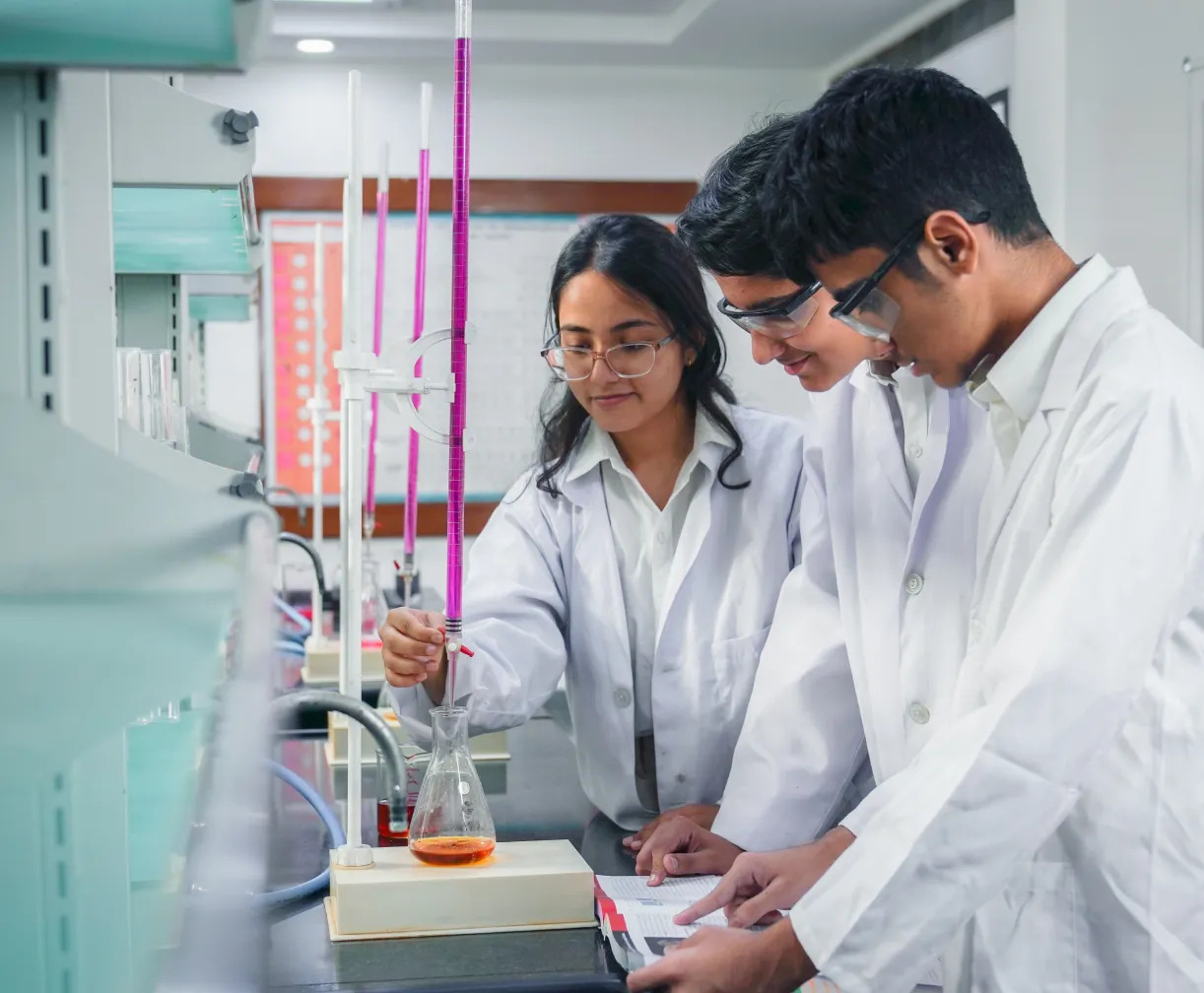The IBDP Programme (International Baccalaureate Diploma Programme) is renowned for its rigorous academic structure, which is geared towards preparing students for university and more. Critical thinking and research skills are among its main strengths, which are crucial for university and professional success. The curriculum of the IBDP Programme integrates subject-specific study, core courses, and interdisciplinary components, which enable students to develop analytical thinking, independent research, and problem-solving skills.
This post tells how the IBDP Programme fosters these important skills with its distinctive curriculum, core elements, and pedagogy.
1. The IBDP’s Emphasis on Critical Thinking
Critical thinking is central to the IBDP Programme, where students are challenged to question, analyze, and evaluate information instead of memorizing facts. Critical thinking is fostered through several aspects of the program, such as:
a. Theory of Knowledge (TOK) – Questioning Knowledge Itself
Theory of Knowledge (TOK), one of the central elements of the IBDP Programme, is particularly aimed at developing critical thinking. TOK presents students with basic questions like:
● How do we know what we know?
● What is knowledge?
● How do the various fields of knowledge shape how we see the world?
Students learn to challenge assumptions, identify biases, and construct sound arguments through discussion and essay writing on these questions. This skill carries over outside the classroom and serves students well in dealing with troublesome real-world problems.
b. Subject-Specific Analysis and Inquiry
Every IBDP subject asks students to use analytical thinking. For instance:
● In Science subjects, students plan experiments, analyze data, and assess the validity of their results.
● In Humanities subjects such as History and Economics, students critique sources, contrast viewpoints, and build evidence-based arguments.
In Literature, students perform textual analysis, determining themes, symbols, and stylistic devices that influence meaning.
Such an interdisciplinary framework guarantees critical thinking is integral to all areas of learning.
c. Internal Assessments and Project-Based Learning
The IBDP curriculum is embedded with internal assessments (IAs) in every subject, where students must conduct independent investigations. This instils in them too:
● Develop research questions
● Collect and examine data
● Analyze various perspectives
● Draw well-supported conclusions
Through these projects, students learn to critically evaluate information and form opinions based on reason and evidence.
2. The Role of Research in the IBDP Programme
Research skills are an important component of the IBDP Programme, educating students for independent academic work at the university level. The programme develops research capabilities in a variety of ways:
a. The Extended Essay (EE) – A Deep Dive into Independent Research
The Extended Essay (EE) is an independent 4,000-word research essay students undertake in two years. This task has them to:
● Select a topic of interest from one of their IBDP courses
● Do in-depth research based on academic sources
● Analyze information and develop new arguments
● Correctly cite sources and follow standards of academic integrity
The EE replicates the research process at the university level, instructing students on how to organize long-term projects, integrate disparate sources of complex information, and build well-structured scholarly papers.
b. Research-Based Assessments across Subjects
In addition to the EE, research is a component of most IBDP subjects:
● Sciences: Students perform laboratory experiments and write detailed reports using the scientific method.
● History: Students examine historical sources and compare alternative interpretations.
● Business & Economics: Students undertake market research and case studies.
Students become proficient in collecting, organizing, and analyzing information by repeatedly researching various disciplines.
c. CAS (Creativity, Activity, Service) – Research Beyond Academics
The CAS component prompts students to implement research skills in practical settings. Whether planning a community service activity, coordinating an event, or creating a creative project, students must research best practices, evaluate needs, and analyze the effect of their actions.
Conclusion
The IBDP Programme is not merely an intellectual qualification but a life-changing learning experience that educates students to be autonomous thinkers and capable researchers. With its emphasis on critical thinking in areas such as TOK and Internal Assessments and its dedication to research ability through the Extended Essay and other inquiry-based approaches to learning, the IBDP equips students for success at university and beyond.
By developing the capacity to analyze, evaluate, and synthesize information from various disciplines, the IBDP Programme ensures that students possess the skills needed to succeed in a pluralistic, knowledge-based world by leaving school.

